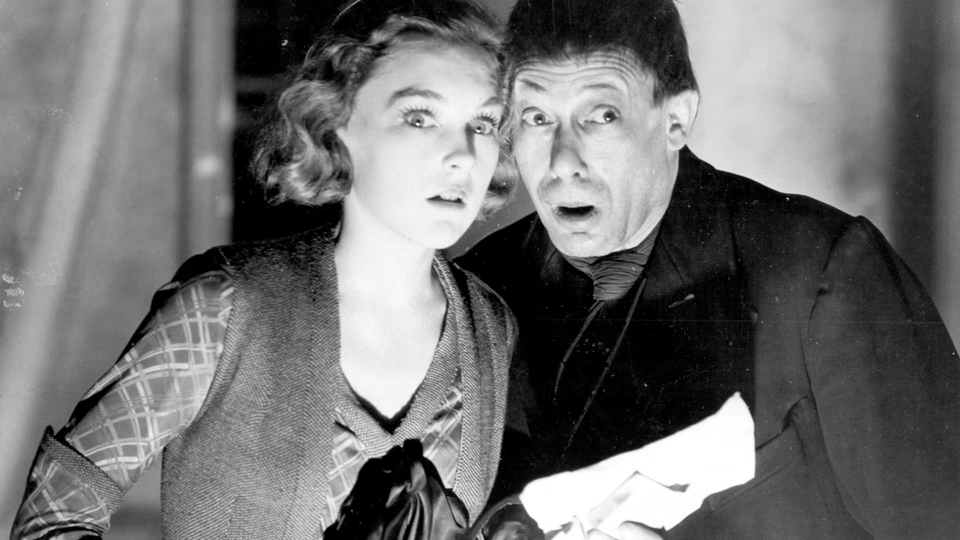Number 17

A detective and a hobo cross paths with jewel thieves over a stolen necklace in a creepy old house.
Number Seventeen was famed director Alfred Hitchcock’s last film for British Pictures International, one made primarily to fulfill his contractual quota and, unfortunately, it shows. Aside from some innovative lighting and atmosphere that echoes the superior The Old Dark House, there’s little to recommend this confusing, disjointed, and ultimately disappointing effort.
The film opens as a dark comedy, replete with dated cockney references and humor, before morphing into a more traditional thriller during the climactic train vs. bus race. All the characters are shallow, with little more than names to differentiate one from another and the plot seems like nothing more than an excuse to move from one set piece (the dark house) to another (the train chase). Given that the film was co-written by Hitchcock, you’d expect a little more.
But it’s not to be. Even the climactic chase sequence is poorly done, relying on shoddy special effects involving obvious miniatures that are unbefitting Hitchcock’s usual technical prowess. In the end, I suspect _Number Seventee_n is a film Hitchcock wished he could quietly sweep under the rug of his career.